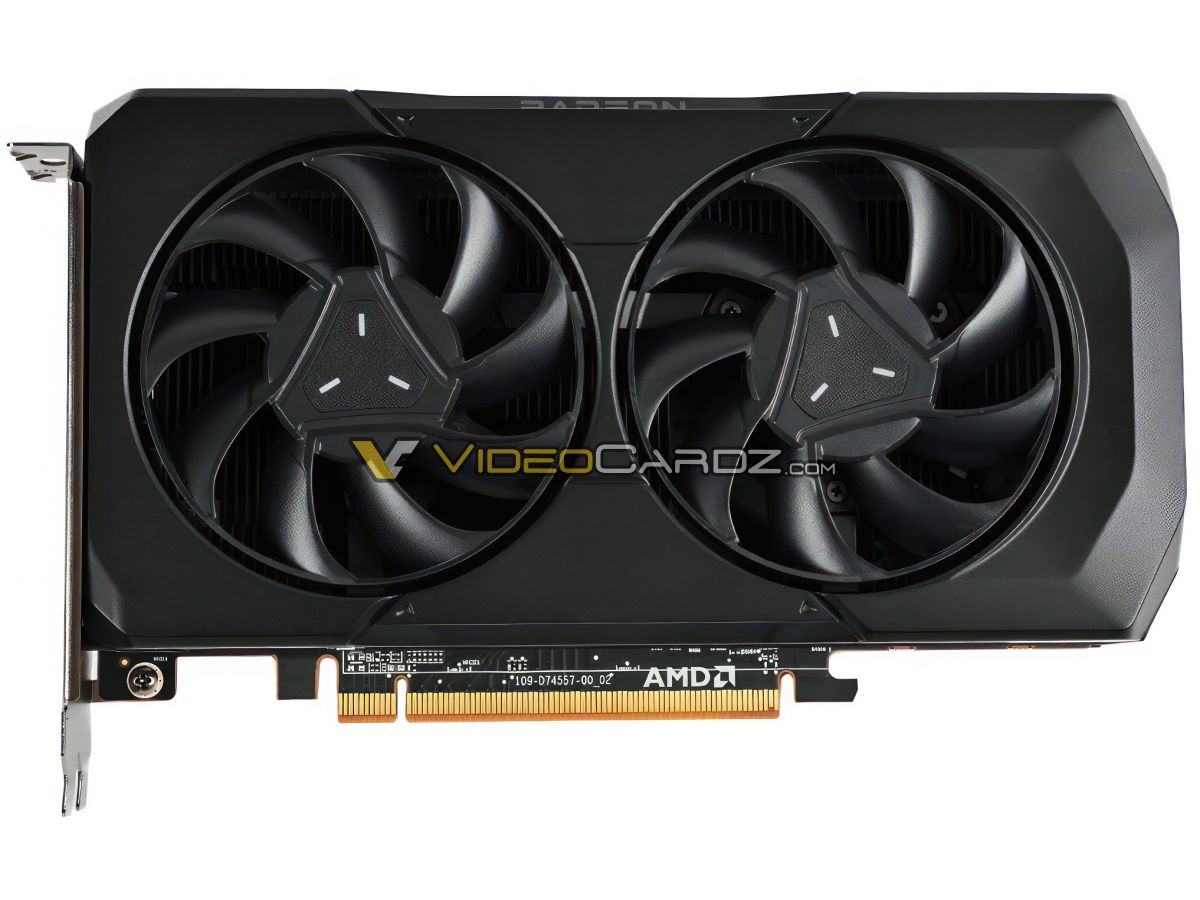That's good to hear. My 4090 sings the ROG anthem when I push it to its limits lol.

PC Specs: CPU: 7800X3D || GPU: Strix 4090 || RAM: 32GB DDR5 6000 || Main SSD: WD 2TB SN850
That's good to hear. My 4090 sings the ROG anthem when I push it to its limits lol.

PC Specs: CPU: 7800X3D || GPU: Strix 4090 || RAM: 32GB DDR5 6000 || Main SSD: WD 2TB SN850


| Captain_Yuri said: Intel proposes x86S, a 64-bit only architecture https://videocardz.com/newz/intel-proposes-x86s-a-64-bit-only-architecture The biggest question for moving to a 64bit only arch for PC is what will happen to old applications? Can we still run old games via translation layer or will it simply break all compatibility? |
The biggest advantage of x86 is I can pick up a program from the 1980's and run it without much issue.
Provided I am not trying to execute 16-bit code in a 64-bit OS environment... Then Windows chucks a hissy fit as it lacks a 16-bit subsystem.
But the 32bit windows OS does have a 16-bit subsystem and it would work fine with a x86-64 CPU.
I would assume there would be a level of emulation or translation or even abstraction to make it work if AMD and Intel went 64bit only... We aren't in the Win9x days anymore, software has gotten crazy good at retaining compatibility. I.E. X86 running ARM compiled apps thanks to binary translation.
I think the industry is at a point where it can start to shed those legacy design rules, fabrication isn't rapidly improving like it used to, so any area they can claw back would be a boon to performance going forwards... Windows 11 doesn't have a 32bit variant, so outside of industry, there is no longer a need for 32bit compatibility at a hardware level, leave it at the software level.
For lower-end Netbooks/tablets it could be power and cost savings.
I am all for it, provided backwards compatibility can be retained... I would be very upset if I can't run my favorite games from the 90's.
| episteme said: Damn a $399 8G 4060 Ti marketed for 1080p with reduced settings in the official benchmarks doesn't sound exciting at all. |
The memory bus is likely the reason why you won't see anything between 8GB and 16GB with the 4060.
The 3060 had a 192-bit bus so it had an oddball memory capacity. - Basically you get a chunk of memory for every 32bit portion of the bus.
I.E. 2GB of Ram for every 32-bit of memory bus. 192bit = 12GB.
So when the 4060 runs with a 128bit bus, it was naturally going to have less memory as they are still partnering up with 2GB for every 32bit or 8GB/128bit total.
So when it came to throwing more memory onto the card they had two options... Double the amount of memory chip capacity (I.E. 4GB) for every 32bit for 16GB total...
Or have two memory chips for every chunk of memory bus. - It does mean that the memory chips aren't being access at their maximum potential transfer rates as the transfer is spread across 2 chips now... And you do require more power and PCB tracers which drives up costs.
This is just an example, but it's why you won't get say 12GB or 14GB on the 4060 with a 128bit bus... And when they have deviated from this general design rule, it had massive implications to performance.
1080P Medium/High doesn't really sell the 4060 though, agree with you there... But there is also a place for 8GB cards, those who just want to play eSports would likely be fine with that amount of memory capacity, but the price needs to reflect that.
--::{PC Gaming Master Race}::--

| Captain_Yuri said: That's good to hear. My 4090 sings the ROG anthem when I push it to its limits lol. |
Lol can imagine. With great power, comes great coil whine xD Its not bad once you kind of zone it out and/or have headphones going. Like my PS5 sounds like there's a bee stuck in it when under load. Just get used to it haha
Undervolting might help reduce it as you are pumping less voltage into the GPU.
Also redemption code came through too, yay.
Pemalite said:
The biggest advantage of x86 is I can pick up a program from the 1980's and run it without much issue. |
Yea pretty much. I always love the idea of going back and playing a game from a decade or two ago on my new setup. When Battlefield 3 came out, my PC couldn't run it at max settings but now I bought it since EA was having a big sale and boom, it's fast and still looks great. Honestly if Intel goes x64 only without any compatibility layer and AMD has both 64 and 32 bit support, I'd turn into a die hard AMD fan lol. We will see if anything comes from this.

PC Specs: CPU: 7800X3D || GPU: Strix 4090 || RAM: 32GB DDR5 6000 || Main SSD: WD 2TB SN850
Cyberpunk Overdrive has been getting some love, but take a look at the Matrix demo taken to the next level:

Pemalite said:
The memory bus is likely the reason why you won't see anything between 8GB and 16GB with the 4060. |
Yeah, with 128 bit you always have 4, 8, 16, etc I think. It seems like the 4060 Ti 16GB model just has double the amount of memory chips (8x2GB) and no other difference. 4GB chips don't exist yet. I could be wrong here, but I think the 128 bit bus only exists for the 8GB model that it can only use 4 chips. If they only had the 16GB model, it could be 256 bit, but it would be too good compared to the 4070 models.
8GB are fine for the cheap RX 6600 series and if you have an old 8GB card you don't have to upgrade immediately, but a new one for $399 is crazy imo.
Similar for the 4070 Ti with 12GB at $799, it's fine now, but not a good investment into the future.

AMD Radeon RX 7600 and NVIDIA GeForce RTX 4060 Ti 3DMark performance leaks out

Meh barely much of an improvement really. If the 7600 is priced well, then that could be a decent buy.
AMD Radeon RX 7600 reference card pictured, shorter than 21cm
https://videocardz.com/newz/amd-radeon-rx-7600-reference-card-pictured-shorter-than-21cm

ASUS routers knocked offline worldwide by bad security update
Don't need to worry about security when if there is no network to secure

PC Specs: CPU: 7800X3D || GPU: Strix 4090 || RAM: 32GB DDR5 6000 || Main SSD: WD 2TB SN850
7600 should be no more than $249 imo, honestly $199 if they want it to sell well. It's a decent efficient card for eSports titles that can encode AV1. Also works for PC ports that aren't broken, but they're kinda rare now.

I think it will be $300 if it launches soon and they will discount it to $250 when the 4060 launches in July for $300. A 6650XT costs about $280sh so I doubt they will price it cheaper than that as the 7600 is faster.

PC Specs: CPU: 7800X3D || GPU: Strix 4090 || RAM: 32GB DDR5 6000 || Main SSD: WD 2TB SN850
Formatting question for a non OS HDD.
With a new large internal media (only) storage HDD, if you set the NTFS allocation size much higher like 2048kb instead of 4kb, would that make for faster file transfers? Like if you were moving music or movie files from that internal HDD to a USB3 external drive, assuming that external drive isn't a slouch, would the transfer speeds be any higher at 2048kb vs 4kb, and if so, a little faster or a lot?
